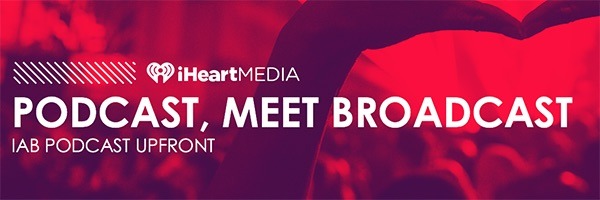 The line between podcasting and radio became ever so blurrier last month when iHeart Media’s Conal Byrne announced a new on-air initiative:
The line between podcasting and radio became ever so blurrier last month when iHeart Media’s Conal Byrne announced a new on-air initiative:
“Sunday Night Podcasts”
According to Ashley Carmen of The Verge, this new venture is designed to use the massive megaphone of iHeart’s radio portfolio to promote some of the company’s best podcasts.
As of the launch of “Sunday Night Podcasts,” an impressive 270 iHeart stations are on-board, ready to air a podcast episode sandwiched in between standard Sunday night music or talk programming. Byrne has bigger ideas for this new collaboration between iHeart’s podcasters and its broadcasters:
“Look, let not just stop there. Let’s actually try to get this up to 3, 4, 500 stations every Sunday night that are playing this.”
To make the decision to air podcasts even more palatable to skeptical programmers, Byrne’s group is providing a pu pu platter of podcasts stations can choose from. From “Stuff You Should Know” to “Disgraceland” (yes, one of my faves), PDs ought to be able to find a spoken word podcast that fits their audience and brand profiles.
For iHeart’s podcasters, this is the realization of broadcast radio’s big advantage – its massive megaphone. And in iHeart’s case, it doesn’t get any bigger. Our most recent Techsurvey, conducted among commercial radio fans, showed that half the audience is comprised of what we call “podcast nevers” – consumers who have managed to avoid podcasts altogether.
“Sunday Night Podcasts” could mitigate some of the speed bumps 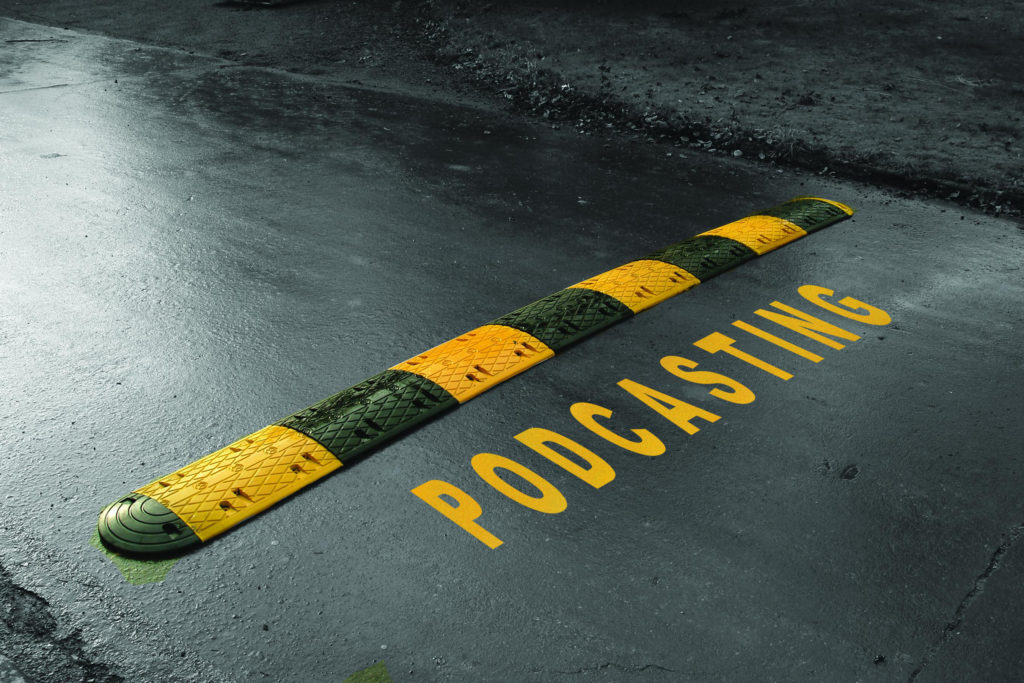 that have kept podcasting from becoming truly mass appeal.
that have kept podcasting from becoming truly mass appeal.
But there might be an even bigger win. Have you listened to most music stations on Sunday night lately? Probably not. In fact, not a whole lot of people do.
Nielsen suggests there are so few meters in play that most radio companies devote as few resources as possible to their “Seventh Day” programming. Even most syndicated shows have been retired in place of voicetracked music, often unhosted.
Perhaps that’s a self-fulfilling prophecy. Because when you don’t offer up much in the way of good content, the result will be inevitably be abysmally low listening levels. (At least, that’s the way I was taught.) “Podcast Sunday Nights” could change all that, providing a viable option to consumers tired of watching Netflix or Sunday Night Football.
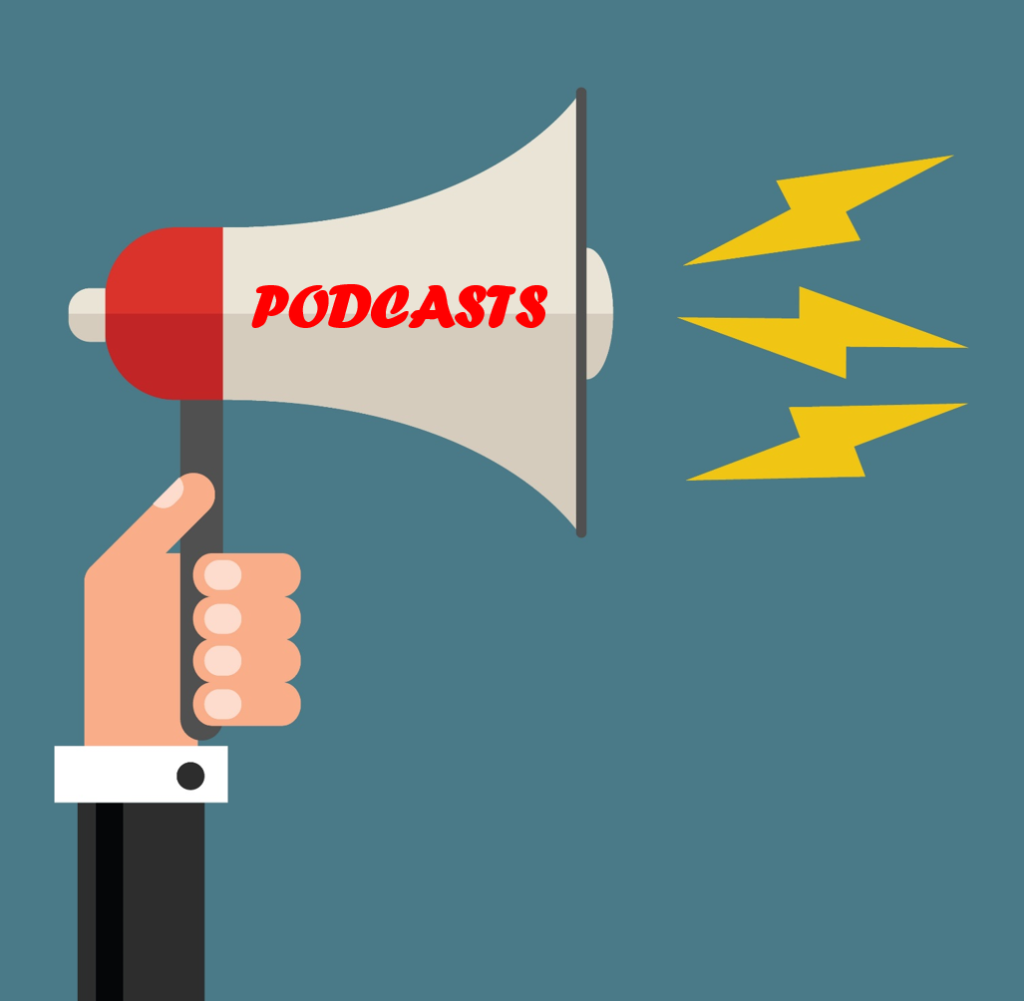 In The Verge article, Byrne points to skyrocketing downloads for “Disgraceland” (a show that’s part of the iHeart menu) as proof that airplay on broadcast radio is making a contribution to both awareness, trial, and consumption.
In The Verge article, Byrne points to skyrocketing downloads for “Disgraceland” (a show that’s part of the iHeart menu) as proof that airplay on broadcast radio is making a contribution to both awareness, trial, and consumption.
Up until now, broadcasters and podcasters have not exactly been on the same page. I’ve heard radio execs complain that local programmers are loathe to promote – much less air – company produced podcasts.
Byrne’s grand experiment (and where on earth did they come up with that “Podcast, Meet Broadcast” slogan emblazoned on the graphic at the top of this post 🙂 ) could signal the beginning of a new movement on both platforms to collaborate, cooperate, and in the process, create scale.
It will be interesting to see if other broadcast companies follow suit, experiment with their own partnerships, leveraging produced podcasts embedded in broadcast schedules.
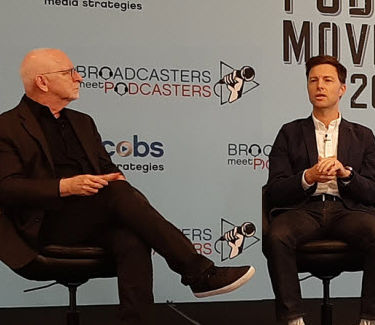
But perhaps bigger than all that is the notion that risk-taking on the air and thinking beyond the next Nielsen monthly is a mindset more companies should be adopting. iHeart has historically played the meter and diary games with precision. “Sunday Night Podcasts” isn’t exactly the most out-of-the-box programming innovation, but it’s a sign there’s more upside to airing podcasts on Sunday night than a safe list “jocked” by an automation system.
Ironically, Bob Pittman and Jarl Mohn (then known as Lee Masters) back in the early MTV days made a fascinating discovery about TSV – Time Spent Viewing. When you’re playing one music video after another, it’s easy for viewers to change stations with the push of a button every three minutes.
That’s when they started developing long-form programming, more likely to keep people tuned in longer. Like podcasts on the radio, consumers are more apt to tune in and to even look forward to a scheduled program. That’s why MTV created shows like “Remote Control,” “The Osbournes,” and “Beavis andButt-head” – all of which had great runs on the network.
In today’s world of music radio, sticky, compelling long-form programming – like podcasts – could be just the type of content stations need to revitalize their brands and to create occasions and even destinations.
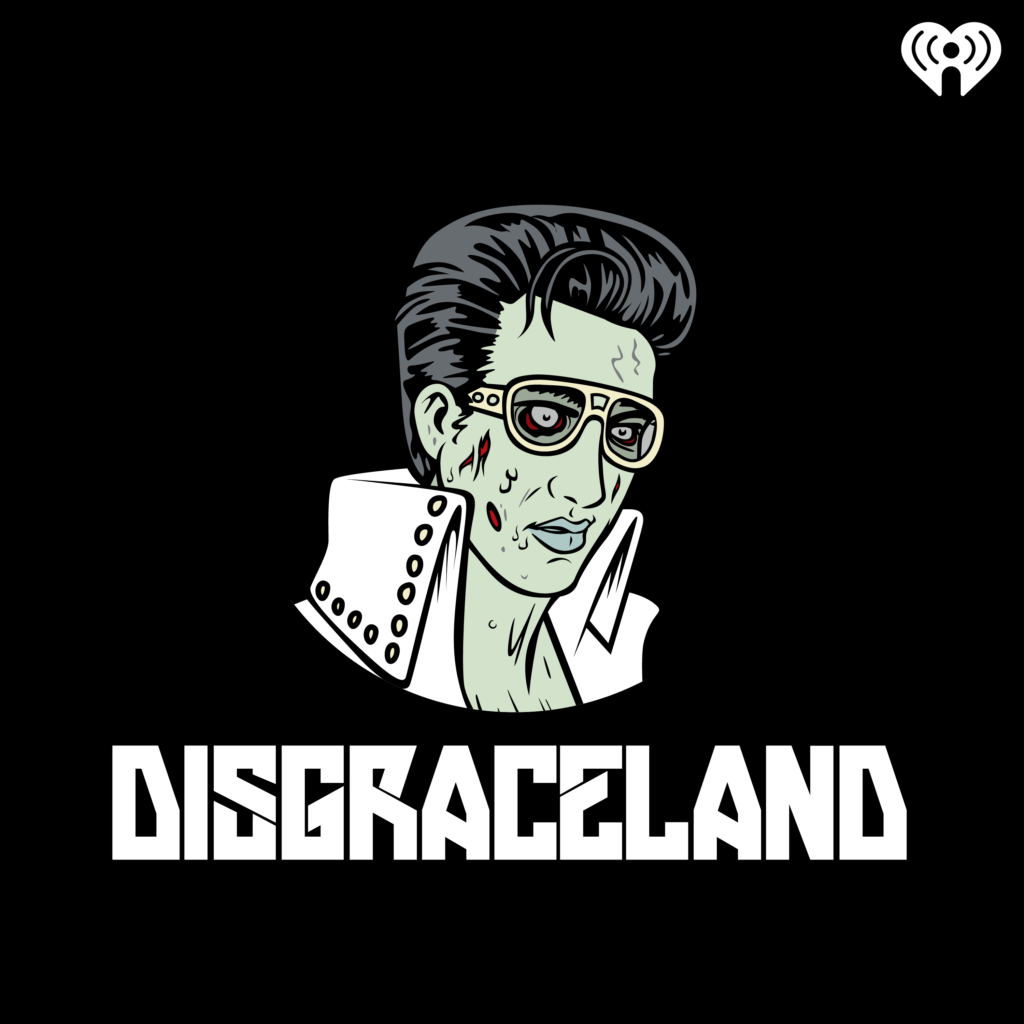 It also is a sign that broadcast radio’s long-term future may have more to do with outside content and digital assets than the difference between a 4th or 5th ranking in 25-54 adults or yet another auditorium music test.
It also is a sign that broadcast radio’s long-term future may have more to do with outside content and digital assets than the difference between a 4th or 5th ranking in 25-54 adults or yet another auditorium music test.
Last I checked, there were no “upfronts” scheduled for radio this fall. That’s because there’s not a lot to anticipate on the air this quarter except more of the same. Podcasts – and shows like this new iHeart venture – suggest new things are in the offing; that new podcasts, new celebrity signings, and next seasons are all part of the medium’s renewed sense of looking forward.
I’ve been with Lee Abrams when the topic of “2Fer Tuesday” has come up. Lee is credited with this once-innovative concept that was spawned early in 1970s AOR radio. The fact that it’s still on the air across the country – some 40+ years later – is something Lee’s not especially proud of, not to mention what it says about the state of rock radio in 2019.
“Podcast Sundays?” That, in and of itself, is a breath of fresh air.
Thanks for the heads-up, James Cridland.
- What To Do If Your Radio Station Goes Through A Midlife Crisis - April 25, 2025
- A 2020 Lesson?It Could All Be Gone In A Flash - April 24, 2025
- How AI Can Give Radio Personalities More…PERSONALITY - April 23, 2025




Who can forget the first all Podcast Format launched 14 years ago in San Francisco by CBS Radio? Apparently, everyone. Then-CEO Joel Hollander first threw the idea against the studio wall to see if it would stick.
Tom Webster offered this first look/listen at the user-driven station back in 2005.
https://www.edisonresearch.com/first_listen_ky/
Also, if I’m not a regular listener/user of radio late Sunday night in the first place, I doubt I would come back and tune-in for a podcast I could immediately download and enjoy instantly at a time that’s convenient for me.
This idea seems like it’s mostly about driving iHeartPodcast metrics.
Yes, but it’s still an exposure vehicle for spoken word content. And if PDs start seeing signs of life, maybe all day Sundays becomes company podcasts. I’m not suggesting this is the Second Coming, but a way to enhance content at a time where there’s little or no demand for it.
I hear you. The Sunday night setting reminds me of the quote that asksf a tree falls in the forest and no one is there to hear it, does it make a sound?”
I think David Manzi’s comment frames it correctly. Good programming works best when it’s engaging and convenient for the listener to experience it. The Daily by the NYT was basically a well-produced radio program that launched as a podcast and has translated well to broadcast.
Yeah, and there will be more of this, going both ways. Look, if the rush to podcasting and long-form signals a improved quality commercial radio station and renewed interest in the “platform, I’m in. This may not be the most out-of-the-box innovation (and as Tom Roesler point out), and public radio’s been at it for a while now. And to me, that’s the point.
There are a lot of things other media do that commercial radio should be doing, too. Or even doing better. I expect public radio to set a high bar, but it’s nice when commercial radio wakes up and sees the value in it. That’s a big part why we do “Broadcasters Meet Podcasters.” It’s nice when we actually start seeing a few buds on the tree.
What I’m hearing here isn’t about “podcasts” saving Sunday nights, it’s about good, interesting, alternative programming–regardless of what you call it–saving Sunday nights.
If people start tuning in to these programs, it won’t be because their “podcasts,” it will be because they’re programming they find more interesting than that week’s match-up on Sunday Night Football.
I’ve commented before the reason NPR has such successful podcasts is because of their longer-form news and entertainment programming. If you miss a program, you’ll want to find it and listen to it, or send a friend to hear it if you enjoyed it. No one working in a tire shop with a classic rock station playing all day goes home and tries to hear that day’s 1pm hour of music if they happened to have missed it.
Conversely, if radio wants to go back to serials, quiz shows and other entertainment programming, those are programs that people will go seek out if they missed an episode. Imagine if Jeopardy was on the radio and someone missed an episode of recent phenom champ James Holzhauer’s run. I promise that would drive people to their phones and computers to catch what they missed in record numbers.
In the end, it’s not because it’s a “podcast” that people will tune in–or not tune in–on Sunday nights, it will be because it’s alternative programming of interest that will draw them to listen at a time they otherwise would not. As it should be.
Yes, as it should be. Thanks, David.
And American Public Media has been proving the concept for awhile now. APM distributes “The Daily” a 1/2 hr. podcast from the New York Times to more than 150 public radio stations nationwide (M-F) many of them in afternoon drive. This highly successful podcast-first show is now reaching a a large audience on radio too. So it’s not necessary to bury podcast content on Sunday night.
Tim, thanks for that reminder. There’s also been some “cross-pollination” on NPR and podcasts as well. With public radio, you’re dealing with an audience that’s already “into” news and spoken word programming. We’re talking a lot of music stations for iHeart. I’m not suggesting this is the boldest thing ever, but an interesting Petri dish to see what can happen.
Um … isn’t this pretty much what the Christian teaching/talk format is (far beyond Sunday night)? Hmmm … maybe we are more relevant than some think :-)! I mean in terms of format since, of course, we would believe the relevance of content is at the top of the food chain.
Perhaps so, Peggy. And thanks for reminding me of something I should have known all along. There are a lot of “podcasts” in those teachings.
From what I am hearing on-air and from internal sources, I don’t think there is any on-air promo time dedicated to encouraging listeners to make an appointment on Sunday nights. Chance hearing. Yes, it’s a creative idea. But is everyone on board at iHeart? The Generals are. The ground troops for the most part, nope. Too bad.
If your information is true, Brett, it’s not surprising. It’s one thing to set policy from above; it’s another to have it well-implemented at the local level. Perhaps cluster programmers will be more open and accepting if they start seeing results of these on-air podcasts. Thanks for the comment.